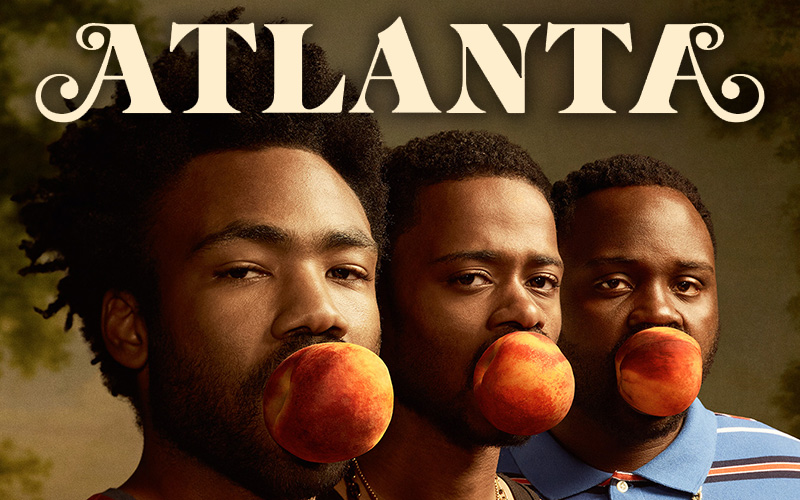
In FX’s new original series “Atlanta,” creator and co-star Donald Glover, also known as Childish Gambino, exposes the viewer to a comedic, yet undeniably cynical look into the city of Atlanta and the everyday lives of its residents.
The show centers around a Princeton dropout named Earnest “Earn” Marks — played by Glover — who meekly returns to his hometown in an effort to get his directionless life back on track. After being forced to work a menial airport job and live with the estranged mother of his daughter, it is abundantly clear that his former aspirations have hit a bit of a standstill.
Enter Earn’s cousin, Alfred Miles, better known by his alter ego “Paper Boi,” played by Brian Tyree Henry. An up-and-coming rapper, his newly discovered fame catches the eye of Earn, who decides to forgo his academic achievements in an effort to become the budding musician’s manager.
From there, Earn is immediately thrust into a wacky, often dangerous world that he quite clearly does not belong in. Within hours of his newfound gig as a hip-hop manager, he finds himself in jail following a violent dispute, in which Paper Boi shoots a stranger for damaging his car.
In this regard, many of Glover’s own personal identity issues are made evident in the character he portrays. A major theme in his music as Gambino, and in particular, on the album “Camp,” is his longtime struggle with self identity, something that he clearly integrates into Earn’s ethos.
Earn’s sheltered Ivy League background bubbles to the surface numerous times over the course of the show’s opening two installments.
An example of such a time is when he is reunited with a radio DJ he knew before he went to college, who comfortably recounts a story in which he uses a racial slur without skipping a beat despite being white. When Earn asks him to repeat his tale in front of Paper Boi and his friend and drug dealer Darius, however, the DJ nervously omits the slur.
In a way, “Atlanta” appears to be a way to mix aspects of both Glover and his Childish Gambino persona. While Glover’s sheepish, mild mannerisms are put on full blast in the portrayal of Earn, his hip-hop prowess and more aggressive alter ego is seen in flashes through the show’s hip-hop content.
Meanwhile, Paper Boi is beginning to experience the effects of his newfound notoriety. After being bailed out of jail, his first encounter is with a waiter at a local chicken restaurant, who hooks him up with heaps of extra food and praises him for being “one of the last real rappers left.”
Following this interaction, Paper Boi converses with a woman who is interested in him upon discovering his identity as a rapper, despite initially displaying hostility.
Earn’s fall from success coinciding with Paper Boi’s rise has a noticeably poetic feel to it, with Glover repeatedly noting the tumultuous nature of life.
While “Atlanta” won’t wow you like a big-budget HBO show or send you into fits of uncontrollable laughter, Donald Glover does an excellent job of identifying his goal within the show and executing it to perfection. Its subtle nature allows the viewer to focus primarily on the nuances on display, effectively capturing the viewer’s interest without throwing too much in their face over the course of the opening two episodes.


